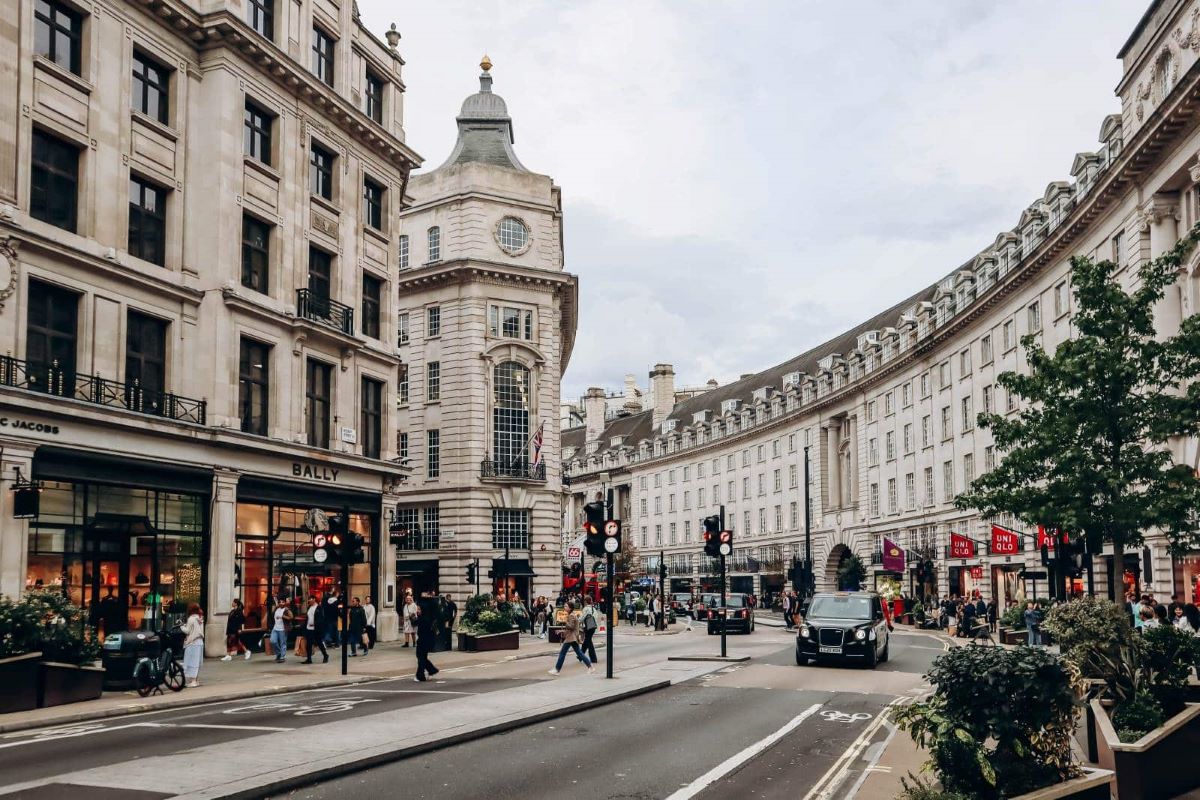The Labour government has made plenty of promises, but the gap between the rich and poor continues to grow. How much longer can this disparity be ignored?
1. Tax Cuts for the Wealthy, Scraps for the Poor
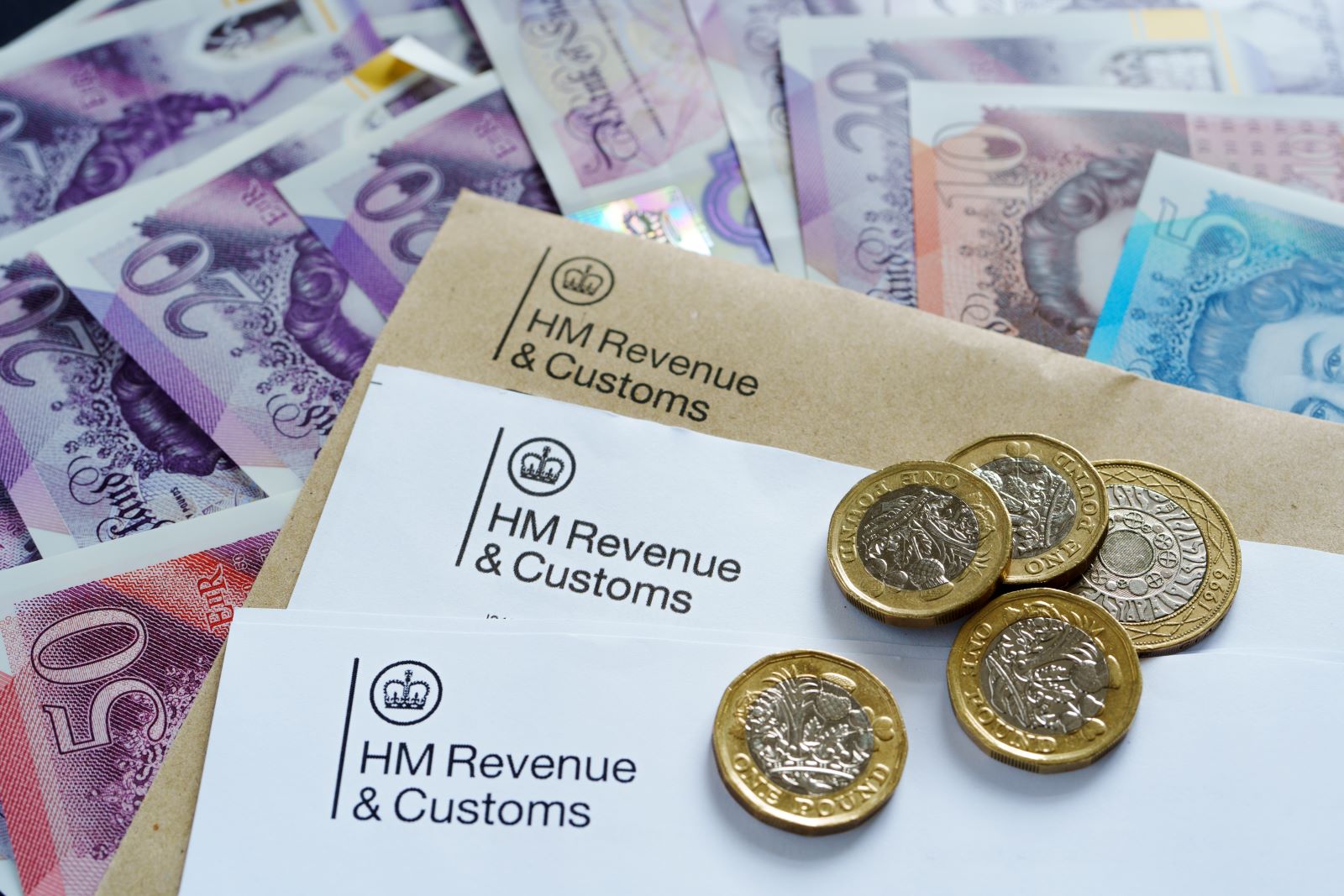
The Labour government’s recent tax policies have drawn sharp criticism for favouring the wealthy, with capital gains tax remaining untouched while the burden of higher National Insurance contributions falls on lower-income earners. Critics argue this deepens inequality rather than alleviates it.
2. Housing Policy Fails to Deliver
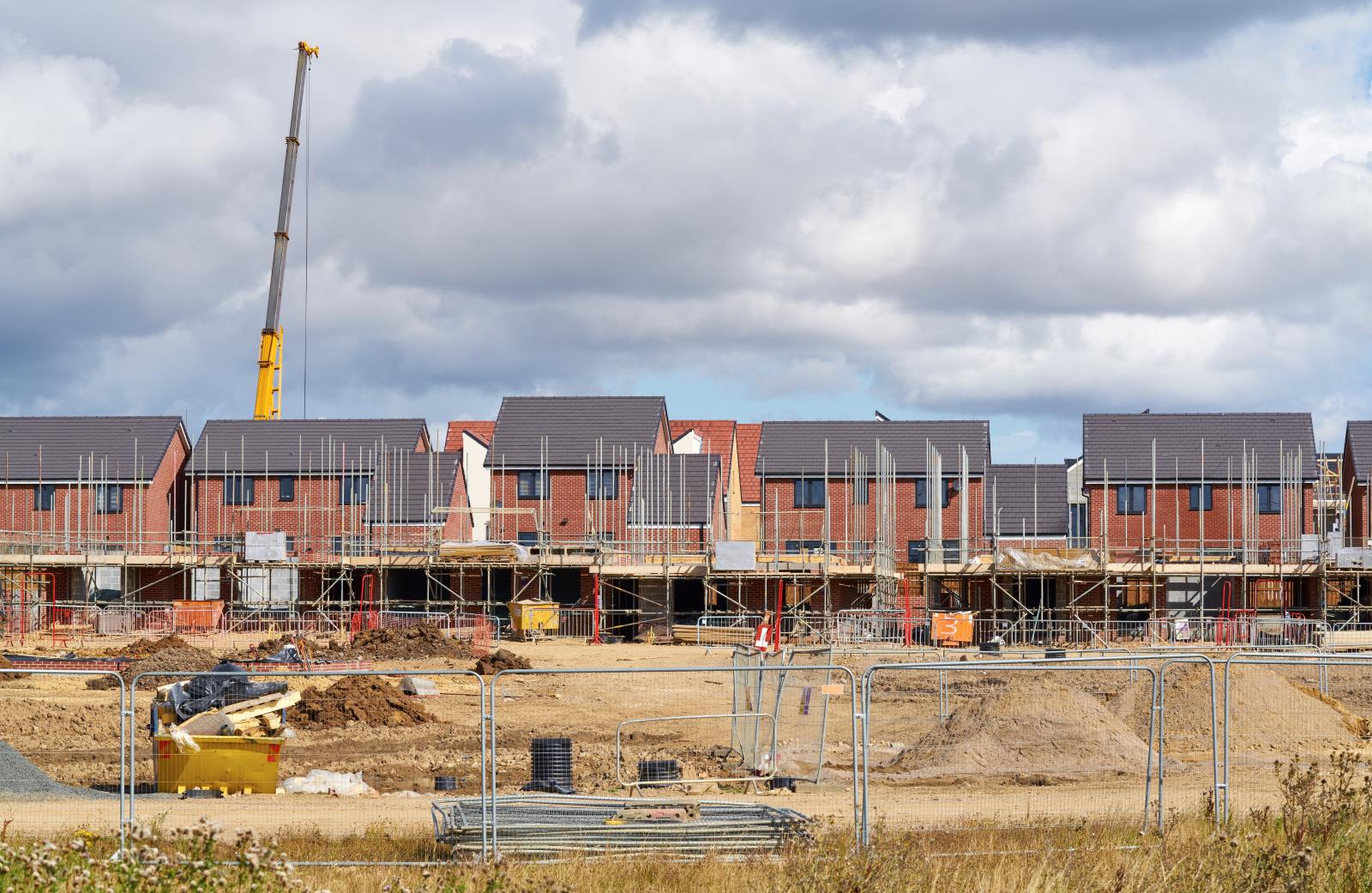
Despite Labour’s pledge to tackle the housing crisis, house prices continue to soar, especially in London, where the average home now costs over £540,000. The government’s promise to build 300,000 affordable homes a year remains a distant dream, with only half that number delivered in 2023.
3. Austerity’s Long Shadow Persists

The Labour government has been slow to reverse the impact of Conservative-era austerity, leaving public services still underfunded. Local councils face a £3 billion shortfall by 2025, with cuts hitting the poorest areas hardest.
4. London Thrives, the Rest Struggles
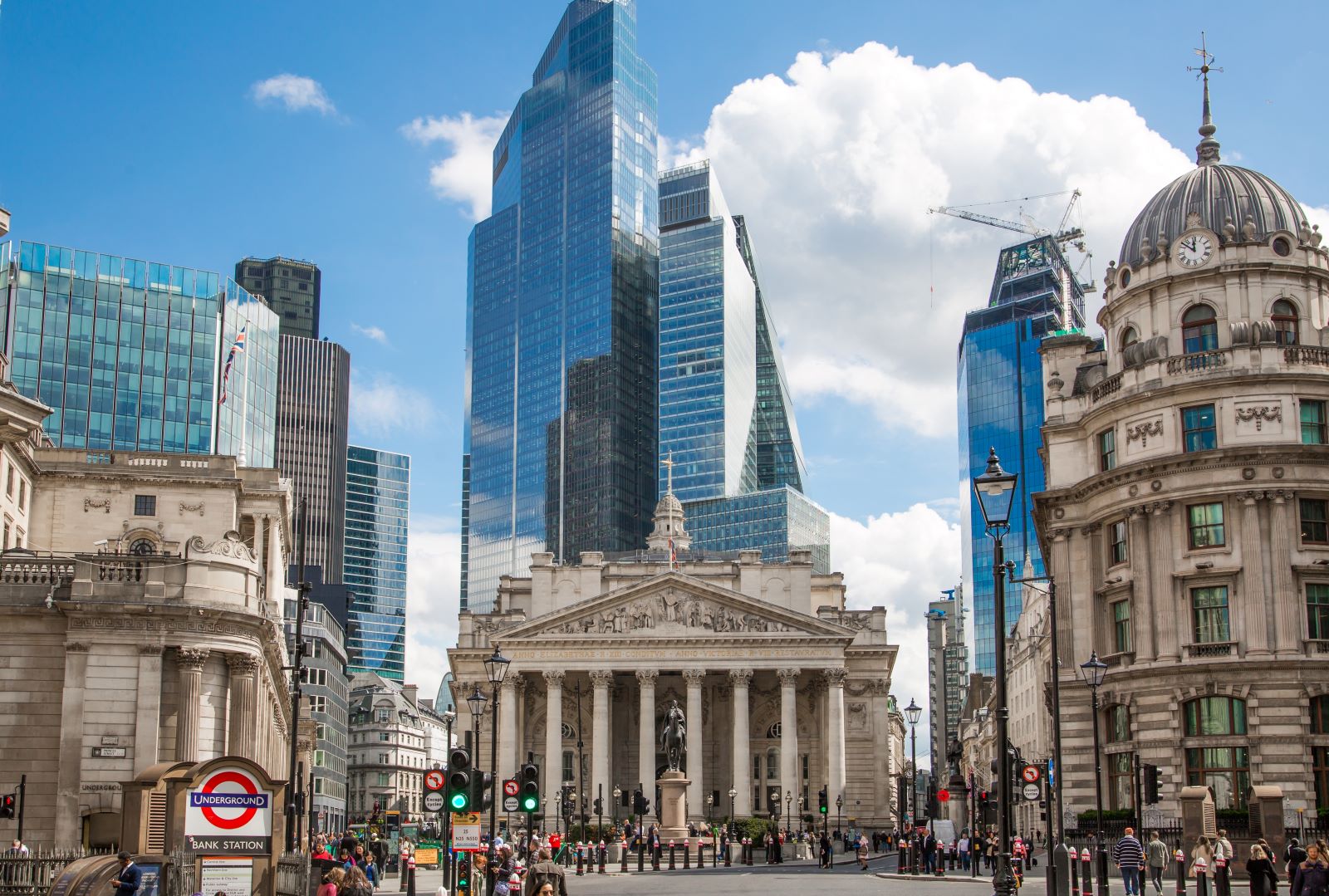
The Labour government’s efforts to “level up” the country have yet to materialise, with London’s economy booming while regions like the North East see little improvement. London’s GDP grew by 5.3% in 2023, while the North East managed just 0.9%, according to the Centre for Cities.
5. Energy Crisis Deepens Inequality
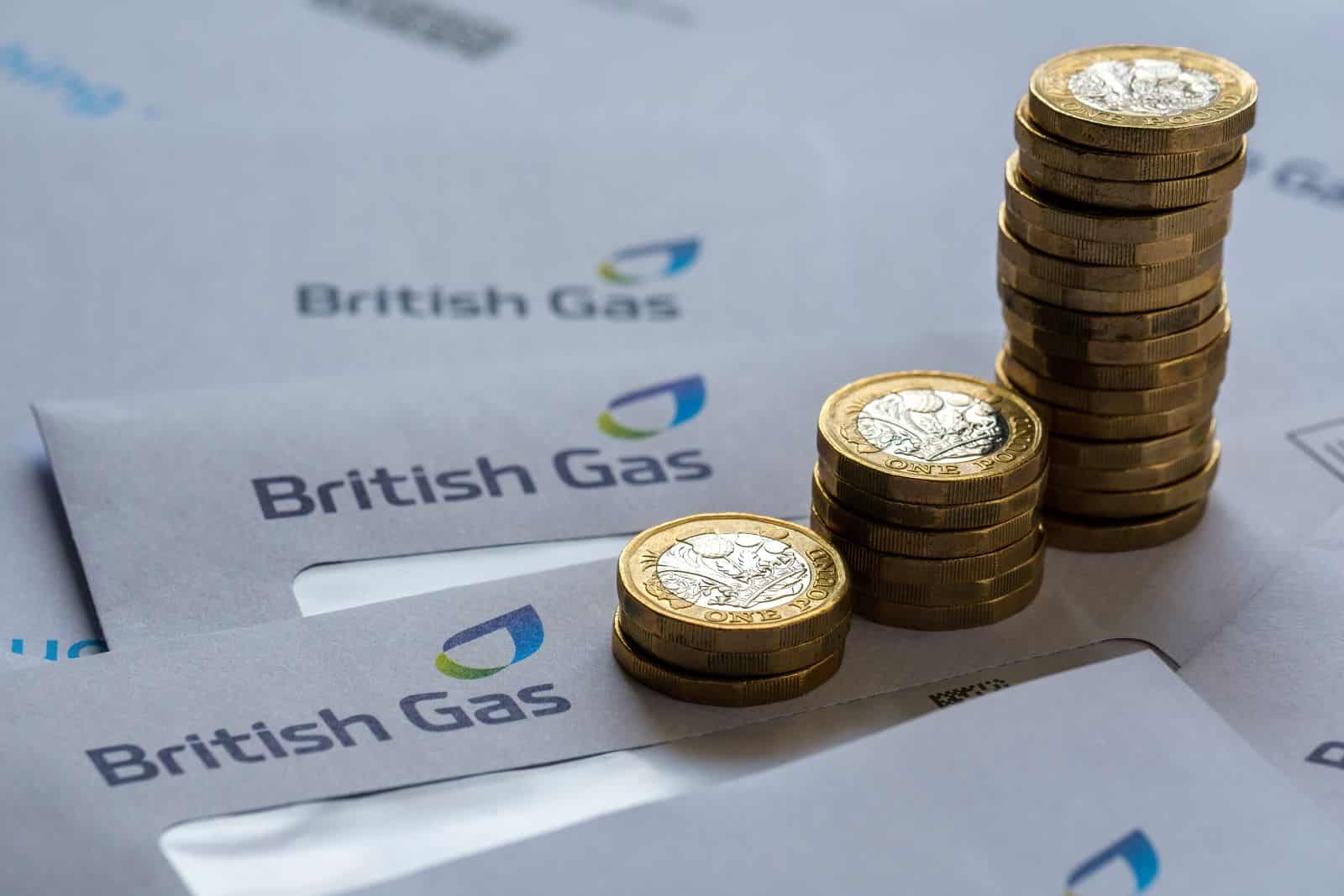
Labour’s freeze on energy prices hasn’t been enough to prevent over 6.5 million households from falling into fuel poverty by the end of 2024. The rich can afford the rising costs, while the poorest are forced to choose between heating and eating.
6. Food Banks: The New Normal
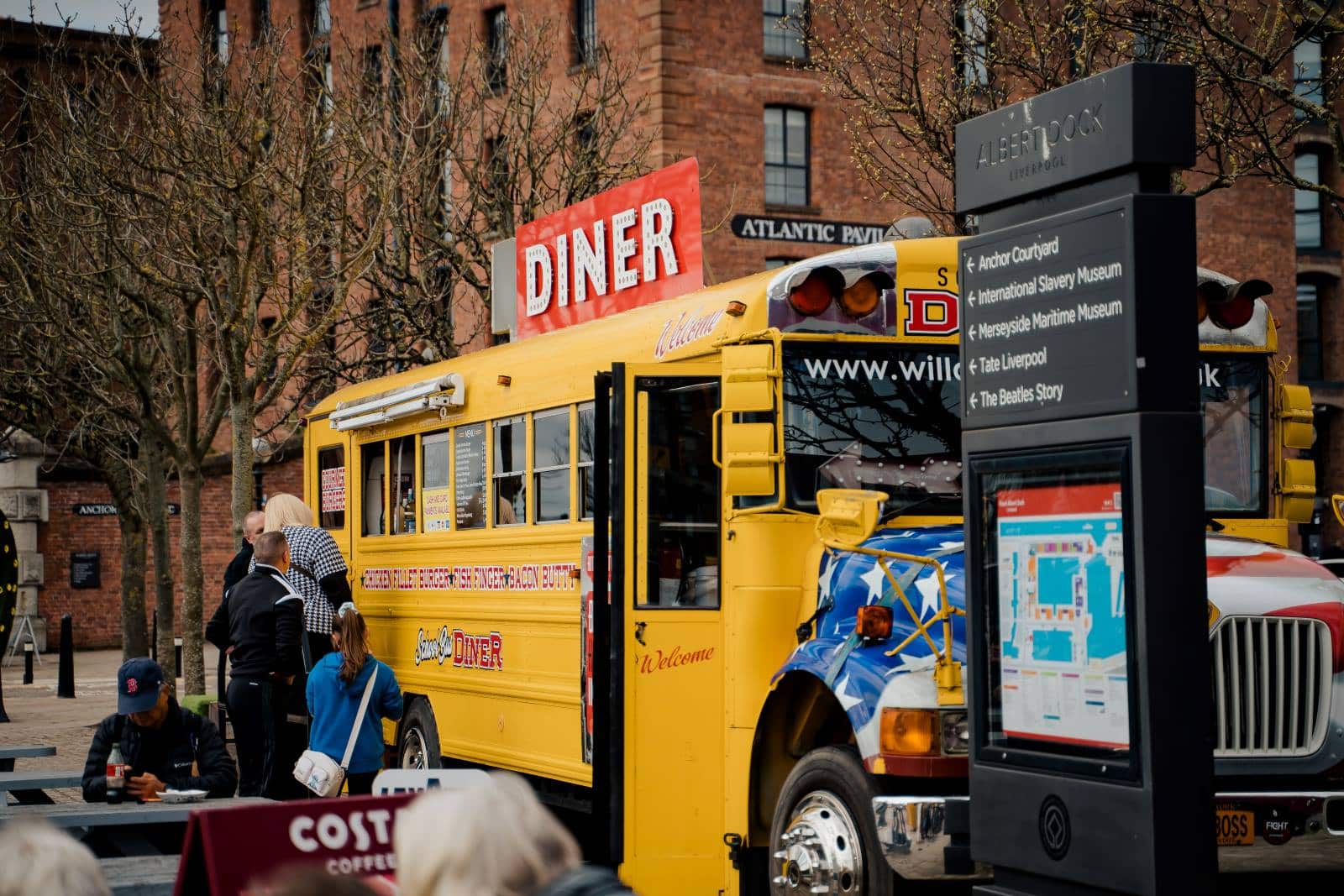
Despite Labour’s promises to tackle food insecurity, food bank usage has soared. The Trussell Trust reported nearly 3 million emergency food parcels distributed in 2023-24, a 37% increase from the previous year, exposing the government’s inability to address deep-rooted poverty.
7. Minimum Wage Rises Aren’t Enough
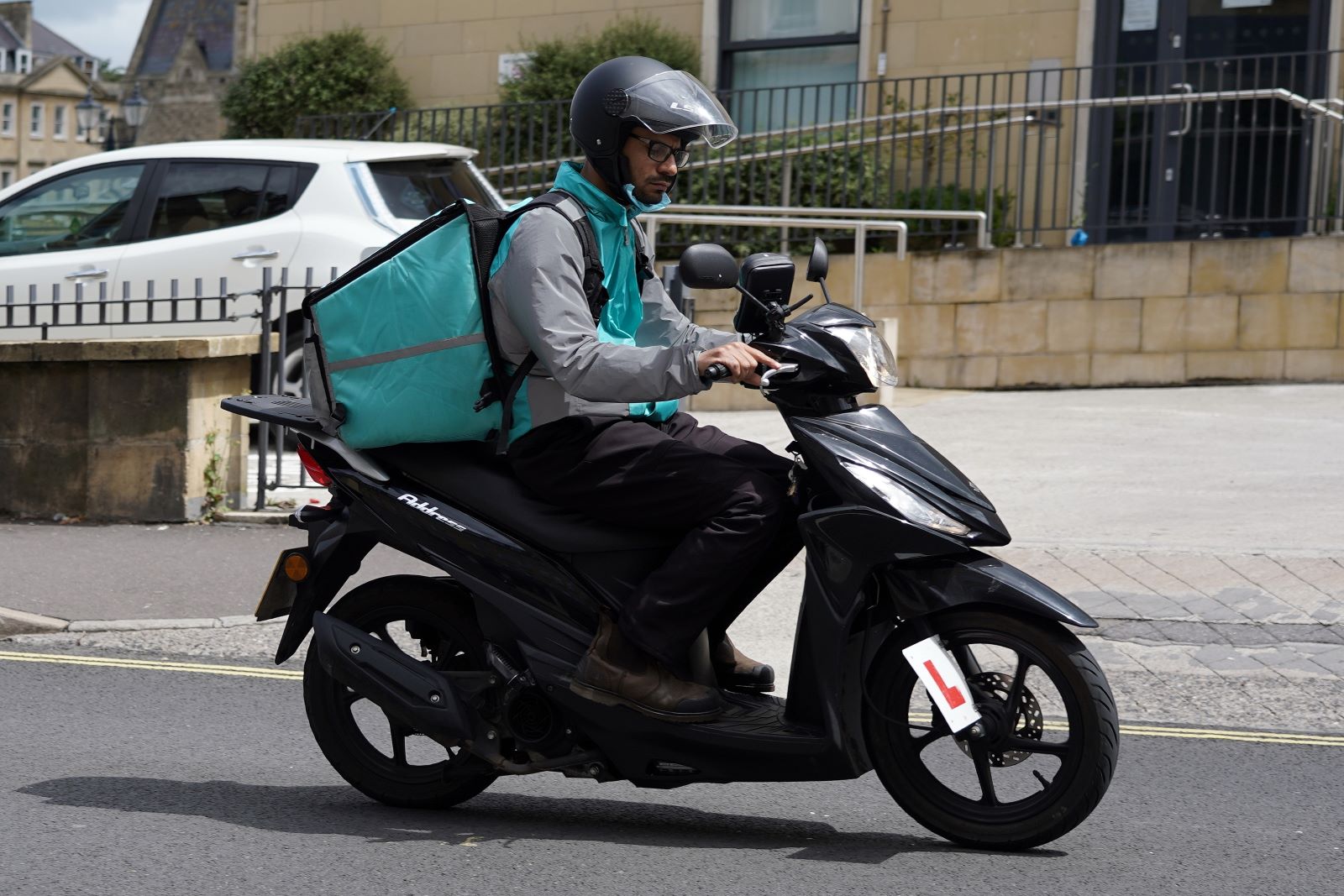
Labour’s increase to the minimum wage has been overshadowed by inflation, which hit 6.3% in August 2024. With food prices up 18% over the past year, the wage hike has done little to help the working poor keep pace with the cost of living.
8. Public Debt Weighs Down Future Policies

UK public debt now stands at over £2.6 trillion, or 101% of GDP, raising concerns about how future governments will afford policies to reduce inequality. The Institute for Fiscal Studies warns that further spending cuts or tax hikes could be on the horizon.
9. Regional Inequality Unaddressed
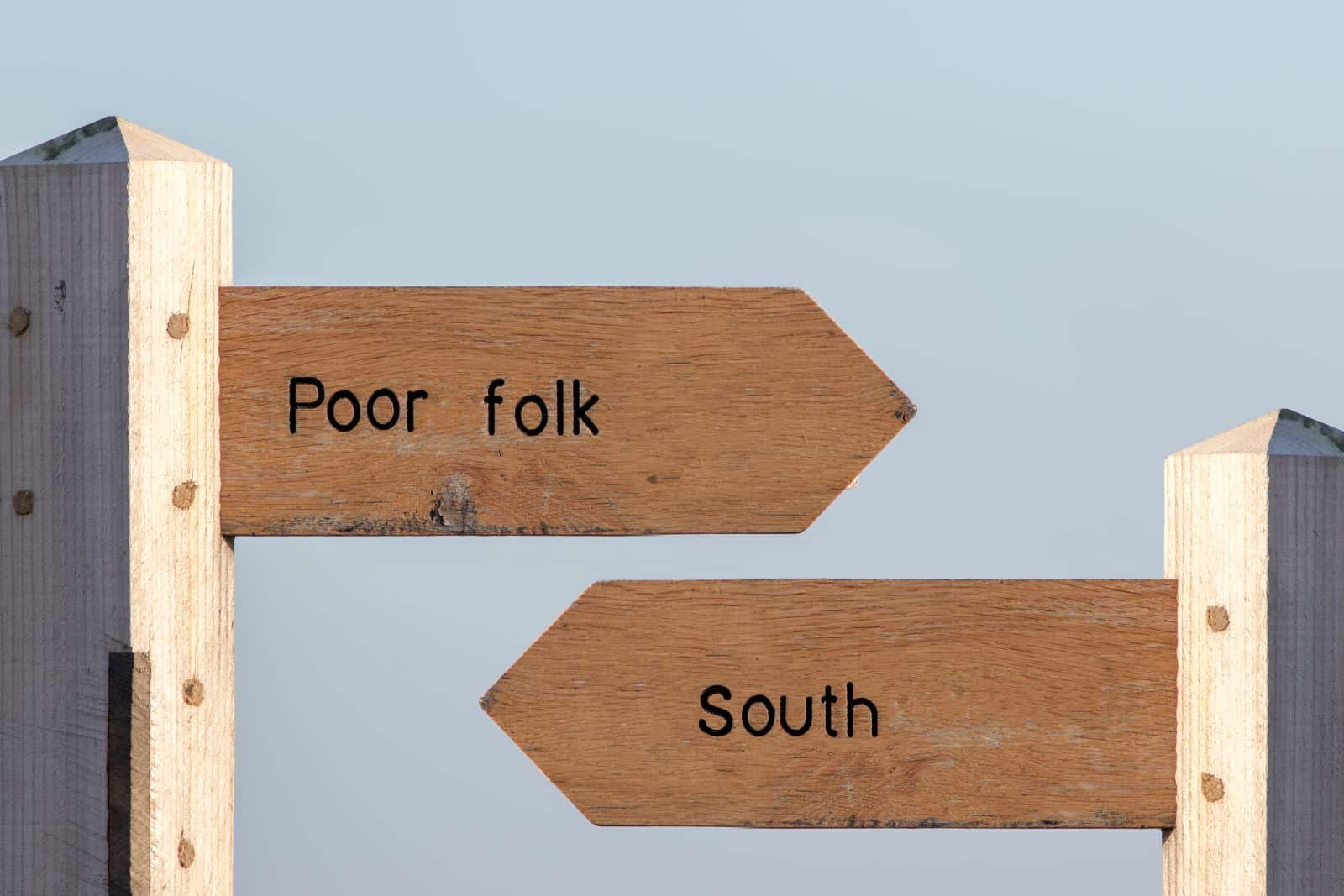
Labour’s policies have failed to bridge the growing divide between the rich South and the struggling North. Cities like Bradford and Sunderland remain trapped in poverty, with the Joseph Rowntree Foundation highlighting that poverty rates in the North East are double those in the South East.
10. Renters Left Behind
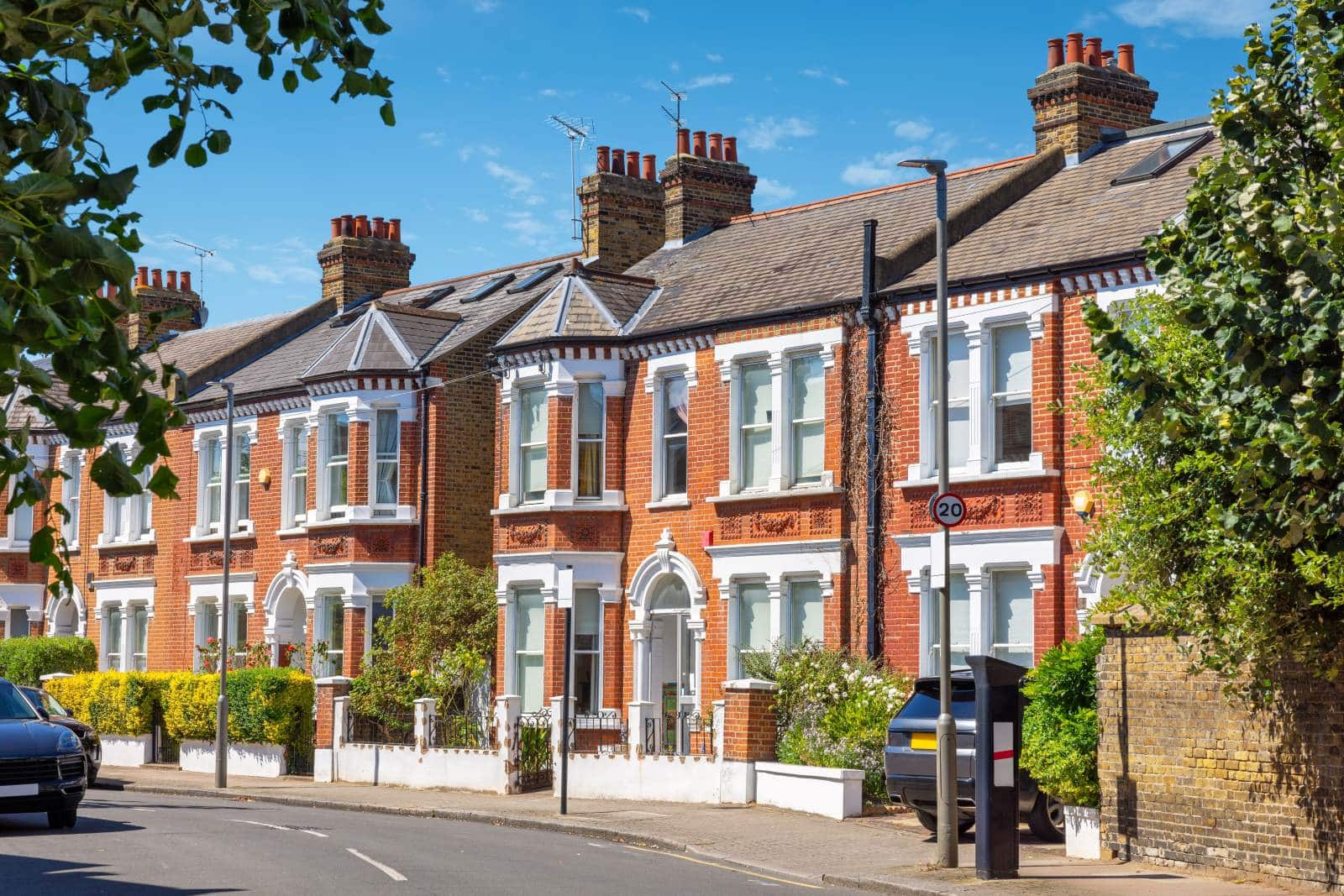
Labour’s promises to reform renting laws and cap rent increases have fallen flat, with rental prices continuing to skyrocket. London renters now spend an average of 40% of their income on housing, far above the national average, according to the National Housing Federation.
11. Wealth Tax Still Off the Table

Despite calls from within the Labour Party to introduce a wealth tax, the government has been reluctant to act. With the richest 1% holding over 20% of the nation’s wealth, many see this as a missed opportunity to redistribute income.
12. Young People Face a Bleak Future

Youth unemployment continues to rise, reaching 10.8% in mid-2024, according to the Office for National Statistics. The Labour government’s job creation schemes have failed to keep pace with the growing demand for work, leaving many young people struggling to find opportunities.
13. NHS in Crisis, the Poor Suffer Most

Labour’s attempts to fix the NHS have been hampered by record waiting times and severe staffing shortages. The King’s Fund reports that the poorest regions are the worst affected, with over 7 million people waiting for treatment, while wealthier areas see quicker recovery.
14. Business Investment Stagnates

The Labour government’s uncertainty on economic policy has left businesses hesitant to invest. The Confederation of British Industry reported a 2.5% decline in business investment in Q2 2024, with small and medium enterprises feeling the pinch hardest.
15. Costly Childcare Is Driving Families into Poverty

Childcare costs in the UK are among the highest in the world, with families spending an average of 30% of their income on it, according to the OECD. Despite Labour’s promises to increase childcare support, many families are still struggling to make ends meet.
16. Wealthy Londoners Enjoy Better Public Services
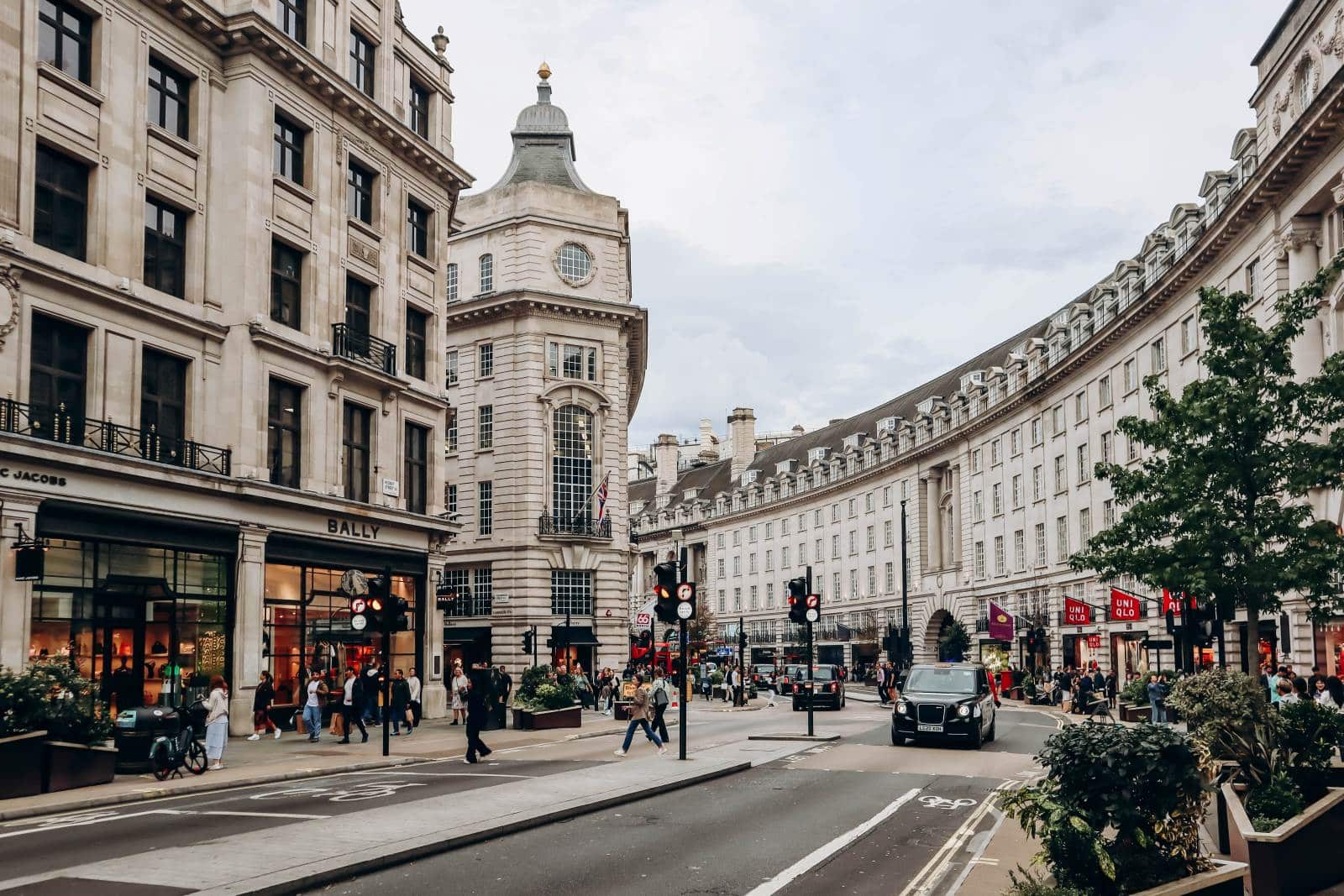
The disparity in public services is stark, with wealthier London boroughs enjoying well-funded schools, healthcare, and public transport, while poorer areas are left to fend for themselves. A 2024 report from the National Audit Office highlights that the gap in public service quality is growing.
17. Rising Interest Rates Hit the Poor Harder
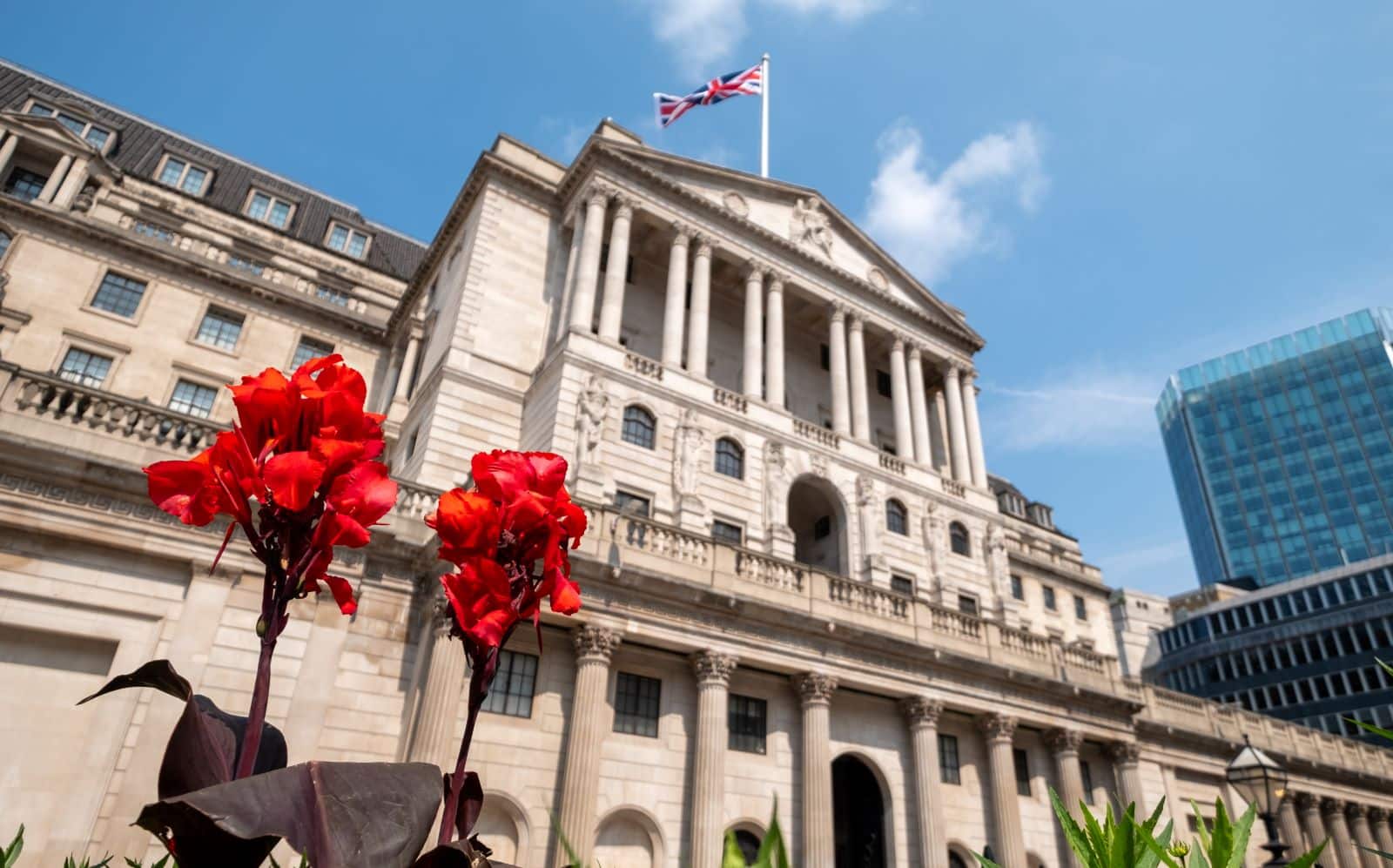
With the Bank of England’s base rate now at 5%, mortgage holders across the country are feeling the squeeze. The Financial Conduct Authority warns that over 750,000 households could default on their mortgages by the end of 2024, with poorer households being the most vulnerable.
18. Schools in Disrepair

Labour’s promises of increased education funding have yet to materialise, with more than 50% of schools forced to cut staff in 2023. The National Education Union warns that students in poorer areas are falling further behind as resources dwindle.
19. Brexit’s Shadow Still Looms
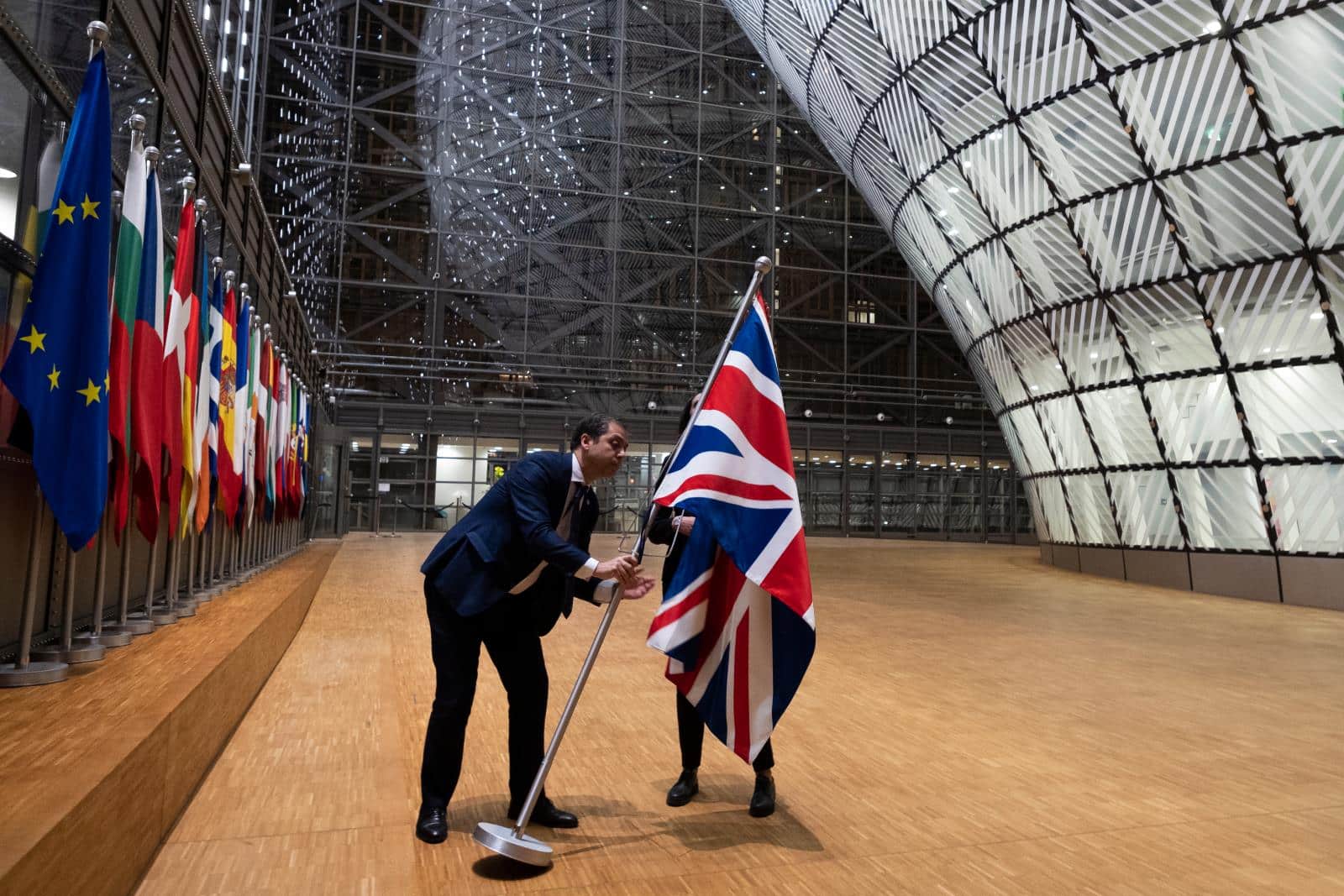
The economic fallout from Brexit continues to hit the poorest hardest, with trade volumes still below pre-2020 levels. The Office for Budget Responsibility forecasts that Brexit will leave the UK economy 4% smaller in the long term, limiting Labour’s ability to implement social spending.
20. The Rich Get Richer, and the Poor Get Forgotten
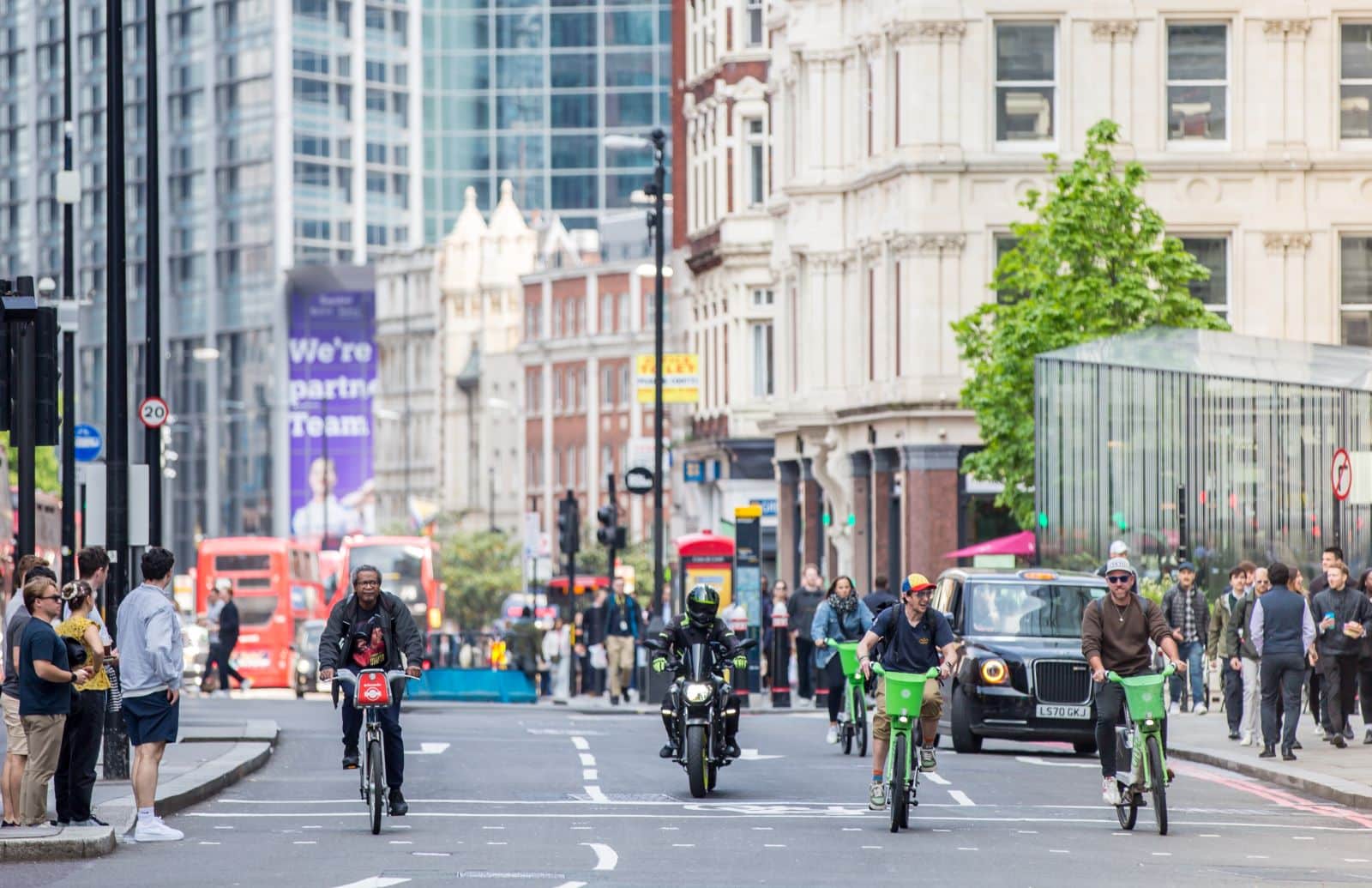
The wealth gap continues to widen in Britain, despite Labour’s promises of social justice. With the richest gaining from rising asset values and the poorest sinking further into debt, the government’s policies have done little to address the core issues of inequality.
The Reality Labour Can’t Ignore
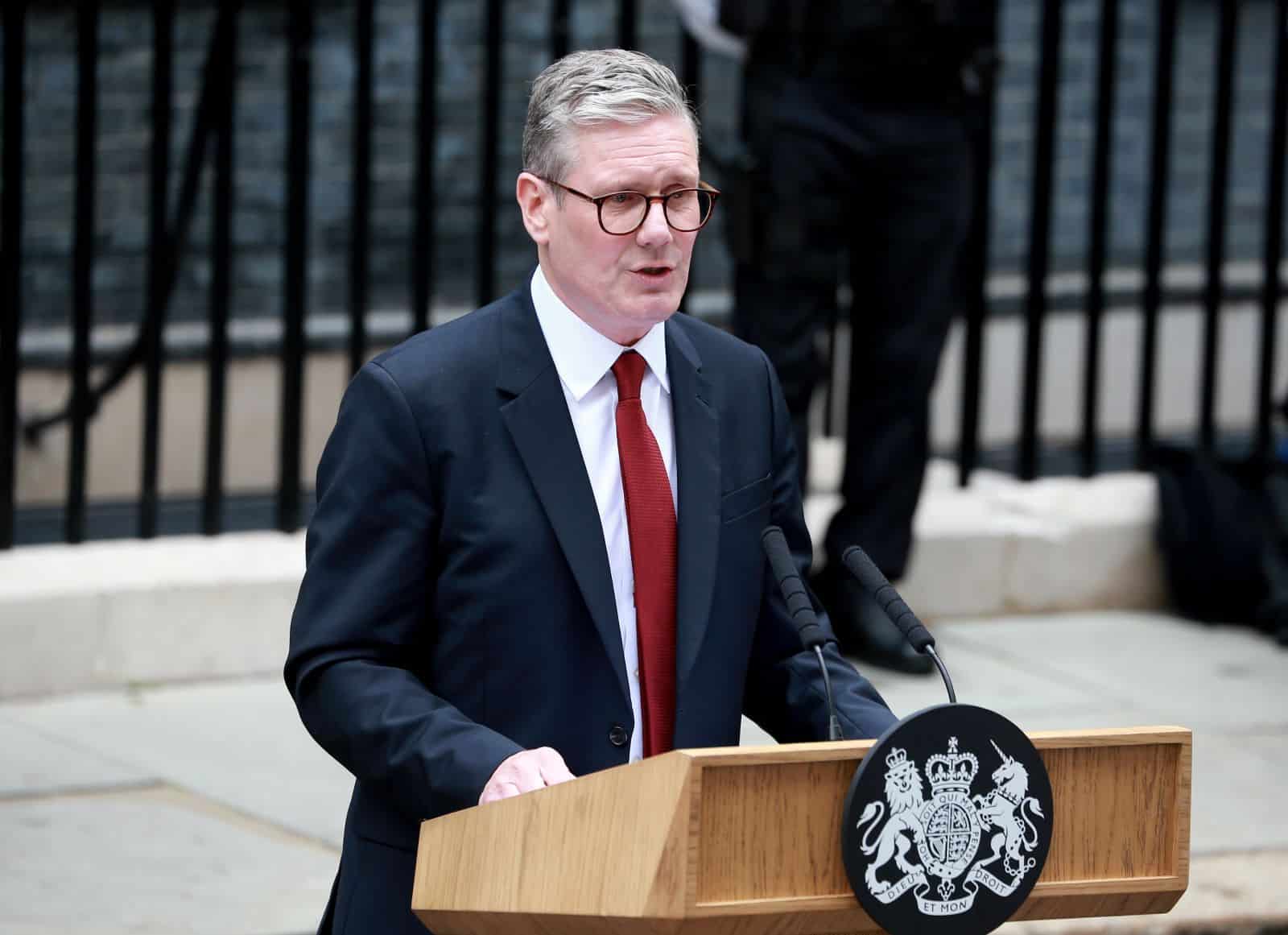
How long can Labour continue to promise solutions without delivering? Is the widening wealth gap now too deep to bridge? Britain’s poorest are still waiting for answers.
Featured Image Credit: Shutterstock / Andrei Antipov.
For transparency, this content was partly developed with AI assistance and carefully curated by an experienced editor to be informative and ensure accuracy.
The images used are for illustrative purposes only and may not represent the actual people or places mentioned in the article.

